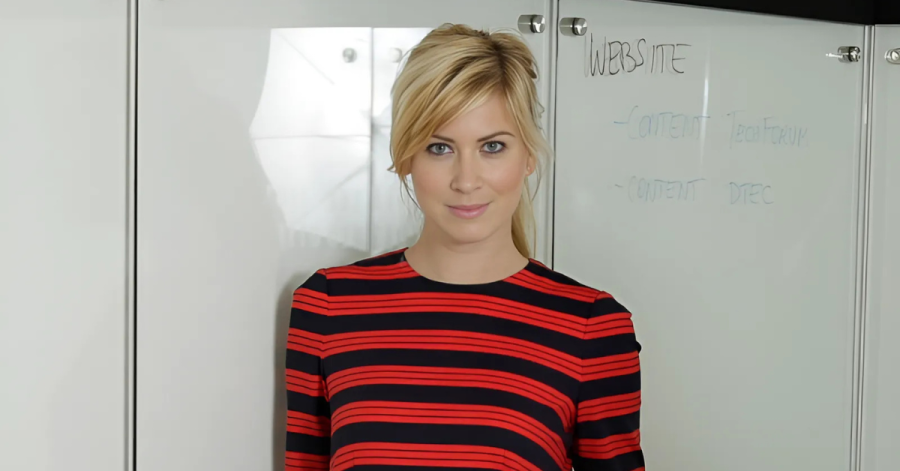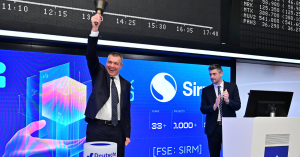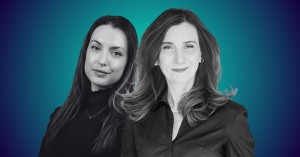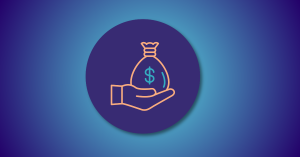As Europe’s tech ecosystem navigates regulation hurdles, macroeconomic uncertainty, and a fragmented market landscape, more founders are starting to look outward—especially toward the Middle East. For many, the Gulf region now represents not only a funding opportunity, but a fast-moving ecosystem with lessons Europe could learn from.
Dana Labin, an investor and venture ecosystem builder based in Dubai, knows this shift first-hand. Originally from Slovakia, she’s spent over two decades in MENA, both as a fundraiser—helping raise a $30M Series A for Gulf e-commerce player Awok—and on the investment side, working with several regional funds.
“Founders building in the region understand the markets, the demographics, and the purchasing power. If you’re coming from Europe, you have to bring something more advanced, something different — either in tech or in approach — to win here,” Labin explains.
Fintech, Healthtech, and AI are on the rise
MENA’s tech evolution started with e-commerce and logistics, but has expanded into new areas. Fintech has grown rapidly in recent years, while health tech, edtech, and AI are gaining momentum.
“Healthtech especially has real urgency in the Gulf. For example, in the UAE and Saudi Arabia, you have a high prevalence of chronic conditions like diabetes and hormonal disorders—but there’s still a huge gap in terms of tailored digital health solutions.”
While some sectors are deeply tied to local needs or regulation, others present clear openings for European startups. “The best fit for European companies is in bringing in deeper technological capabilities—solutions that go beyond what’s currently being built here,” Dana adds.
Regulation as a competitive advantage
In a world where regulation is often seen as a constraint, Dana notes how the Middle East has turned it into a competitive advantage—particularly in the UAE and Saudi Arabia.
“What’s unique here is how fast regulation adapts to support new industries,” she says. “This is why Web3 and Blockchain companies have been relocating to the region. You can go from concept to operational license in weeks, not months.”
It’s not just about speed—it’s also about attitude. “Governments here want to be digital first. They’re building apps for everything from bill payments to immigration services. The mindset is top-down, and it’s about being better than what’s already out there.”
Europe, she argues, could take a page from this playbook. “Innovation doesn’t happen in a vacuum—it happens when people are allowed to test, build, and break things without being overly penalized. Right now, many of the most exciting AI tools aren’t even available in Europe because of regulatory uncertainty.”
Government-led innovation hubs
Dana has worked with several of the region’s most prominent innovation centers, including Dubai Silicon Oasis Authority and the Abu Dhabi-based media hub twofour54. These are not your typical accelerators.
“Many of these entities function like corporate funds with their own P&Ls. They make money through real estate and licensing, and then reinvest a portion of those revenues into ecosystem-building—everything from co-working spaces and incubators to VC funds,” she explains.
This model ensures that innovation isn’t just grant-funded—it’s sustainable and tied to economic goals.
Accelerators with intent
For international founders eyeing the region, Dana recommends a selective approach to accelerators. “There are great programs here—Flat6Labs, Techstars, Antler, 500 Startups in Saudi—but the key question is: what are you hoping to achieve?”
“Some founders join just for the $100k check and then leave. That doesn’t work long-term. But if you’re genuinely exploring the region, planning to spend time here, and considering expansion, then it can be very worthwhile.”
In terms of events, Dana highlights Investopia as a particularly valuable platform. “You get real exposure to local investors, founders, and operators. It’s one of those places where meaningful conversations actually happen.”
Hosted annually in the UAE, Investopia is a high-level economic forum backed by the Ministry of Economy, bringing together global business leaders, policymakers, and innovators to shape the investment agenda of the future. With its focus on sustainability, digital transformation, and emerging markets, Investopia serves as a bridge between capital and opportunity—and a key venue for European tech companies seeking Gulf partners.
“I think Investopia is there to help. Some of these things can be especially helpful if you’re a founder from outside the region—just hearing how people think and operate here helps you learn fast. More importantly, you start building relationships. I saw so many people from the CEE ecosystem at Investopia. If you combine it with meetings with potential investors or clients, it can be very valuable.”
The 3P of fundraising in the Gulf: presence, patience, and process
For those drawn to the Gulf by available capital, Dana offers a reality check: fundraising in the Gulf is not a fly-in-fly-out activity.
“One thing that’s still very prevalent in the region is that investors prefer to back companies that are either based here or have operations here,” she explains. “If you’re just showing up to raise money, with no local presence, it’s going to be hard. Many fund mandates are tied to the region, and managers are focused on supporting what they know best—local founders, local customers, local regulations.”
Startups that attract investment tend to either have revenue in the region, a team on the ground—or a solid plan for both.
Even then, patience is key. “Relationship-building is everything here. Some investment decisions can take a few months—others take over a year. You have to understand what the fund invests in, what stage, which sectors. And it’s not just about meeting partners—sometimes the analysts and associates are your real entry point.”
Preparation also matters. “Investors will ask you region-specific questions. Where are your customers? What licenses do you need? Do you have a team here? What’s your local strategy? If you can’t answer those, you’re probably not ready to raise in the region.”
Her advice: pair fundraising with market scoping. Understand the local setup, meet with stakeholders, get a feel for the environment. “You don’t need to close on your first trip, but you need to be consistent. Stay in touch, send updates, follow VCs on social media. Show you’re serious.”
The growing demand for talent from Europe
As Gulf-based startups mature, they’re looking for more than just technical help.
“It’s not only about outsourcing development anymore. Product people are in high demand here. So are operators who have scaled companies across multiple markets.”
Eastern Europe, she adds, is particularly well positioned.
“There’s a strong reputation here for engineering and product quality. We’re seeing more talent from Eastern Europe coming here and taking on leadership roles—especially in product, growth, and CTO functions.”
While salaries remain high, the region’s main need is know-how. Strategic hires from Europe can bring valuable experience into startups that are scaling fast but lack that kind of muscle.
From fast-moving regulators to government-backed capital and urgent sector needs, the Gulf is carving out its own playbook for tech growth—and others are starting to take notice.
“Europe has a lot to offer the Gulf region,” Dana says. “But there’s also a lot Europe can learn. What I’ve seen here is a willingness to listen—to founders, to investors, to market signals—and then act fast. That’s something worth paying attention to.”








